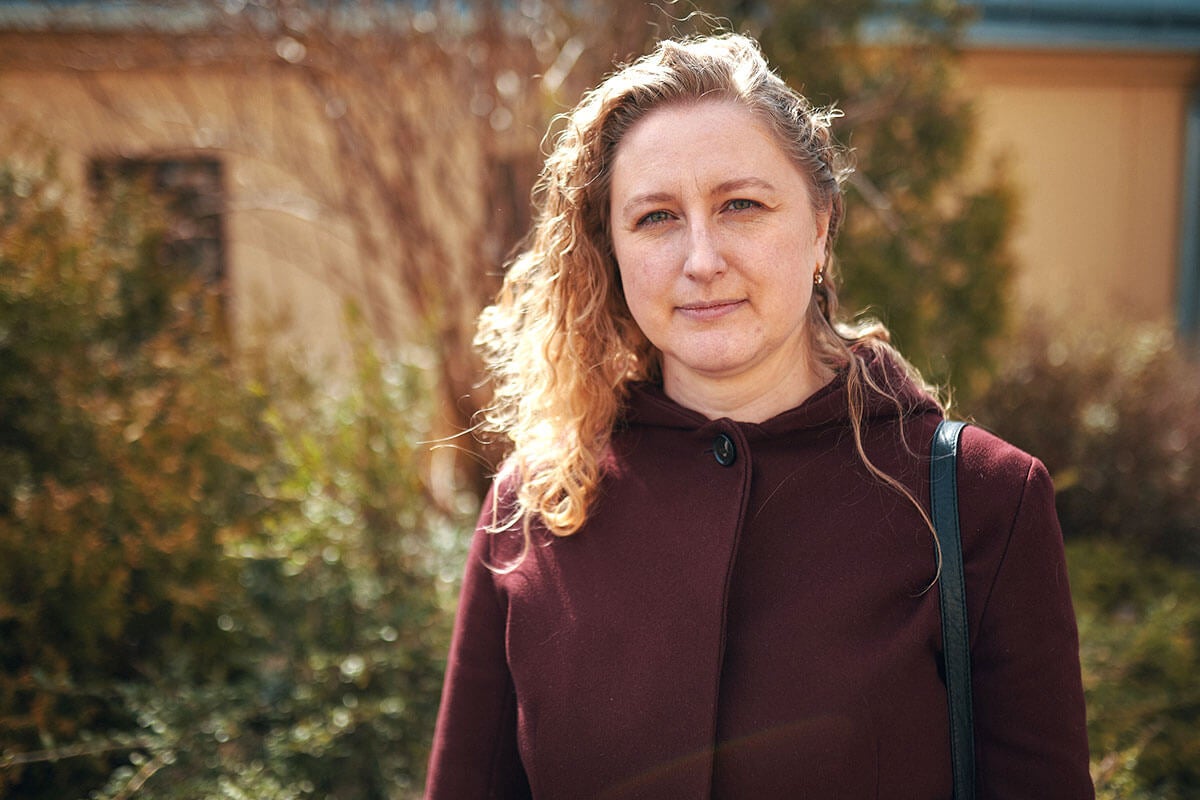In the words of rural women’s network leader Sofia Burtak: “Rural women hold the key to Ukraine’s food and social security”
Date:

Rural women face multiple forms of discrimination and are extremely vulnerable amid Russia’s military invasion. Sofia Burtak founded the Rural Women Business Network NGO in 2016, which now unites over 300 rural women, including farmers, self-government officials and others. It is actively engaged in supporting the rights of rural women and advocating for a gender-sensitive agricultural sector that takes the interests of women farmers and women’s agricultural businesses more into account. Burtak explains that since Russia first invaded Ukraine in 2014, rural women have been bearing an immense burden in caring for families, ensuring food supply for the army and hosting millions of internally displaced Ukrainians.
![]()
In these circumstances, Ukrainian rural women can be divided in three categories, each having specific risks and vulnerabilities. First, there are women who reside in the territories temporarily occupied by the Russian military. They are isolated from information, face great risks of violence and are unable to do agricultural work due to the high insecurity and lack of resources. Local veterinary services for livestock are also unavailable. Since field work depend on the weather and season, the whole agricultural supply chain in the country is also at risk.
Second, there are rural women who live in the areas of active combat. Despite facing high security concerns and humanitarian aid needs, they are the only ones able to take care of elderly family members and children. They do not have access to essential medicine, financial and health care services, they do not have the funds to procure basic items because normally all the money is invested in farmstock. They suffer from lack of electricity, clean water and information. These women also are cut off from evacuation routes, since transportation is available only through large cities.
And third are the women in relatively safe rural areas who are hosting internally displaced people (IDP) – women and men. In the absence of hospitality infrastructure in the villages, there is no space to accommodate and feed all coming IDPs. All the burden of care of IDPs falls on local rural women. In most cases, these women do not have mechanized cooking tools to support the thousands of people that arrive every day and they have to perform all the work manually.
In peace time, we channel our efforts in organizing driving courses for women in rural areas so they can freely move and have better access to all the necessary services – including health care, banking services etc. We also advocate for investments in farming equipment to minimize women’s manual labour in rural areas. The war has vividly demonstrated how important the role of rural women is in Ukraine. During this crisis, rural women hold the key to Ukraine’s food and social security.”
Together with UN Women Ukraine, Burtak and her team are planning to procure semi-industrial kitchen equipment for hosting communities, including two-wheel tractors, milking units, etc. to minimize the manual labour needed to process and produce food for the IDPs fleeing the hostilities in Mariupol, Kharkiv and other active combat areas.